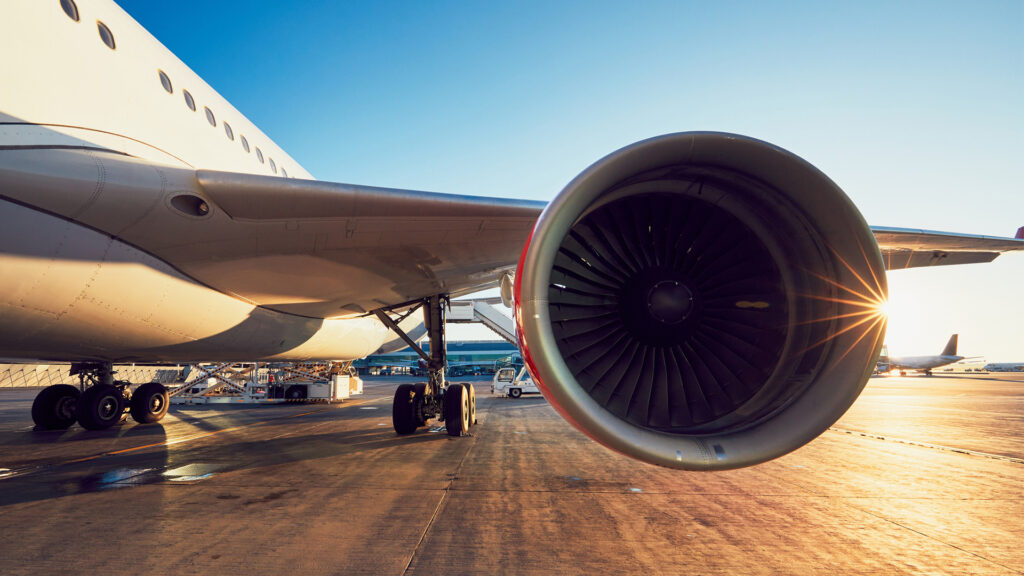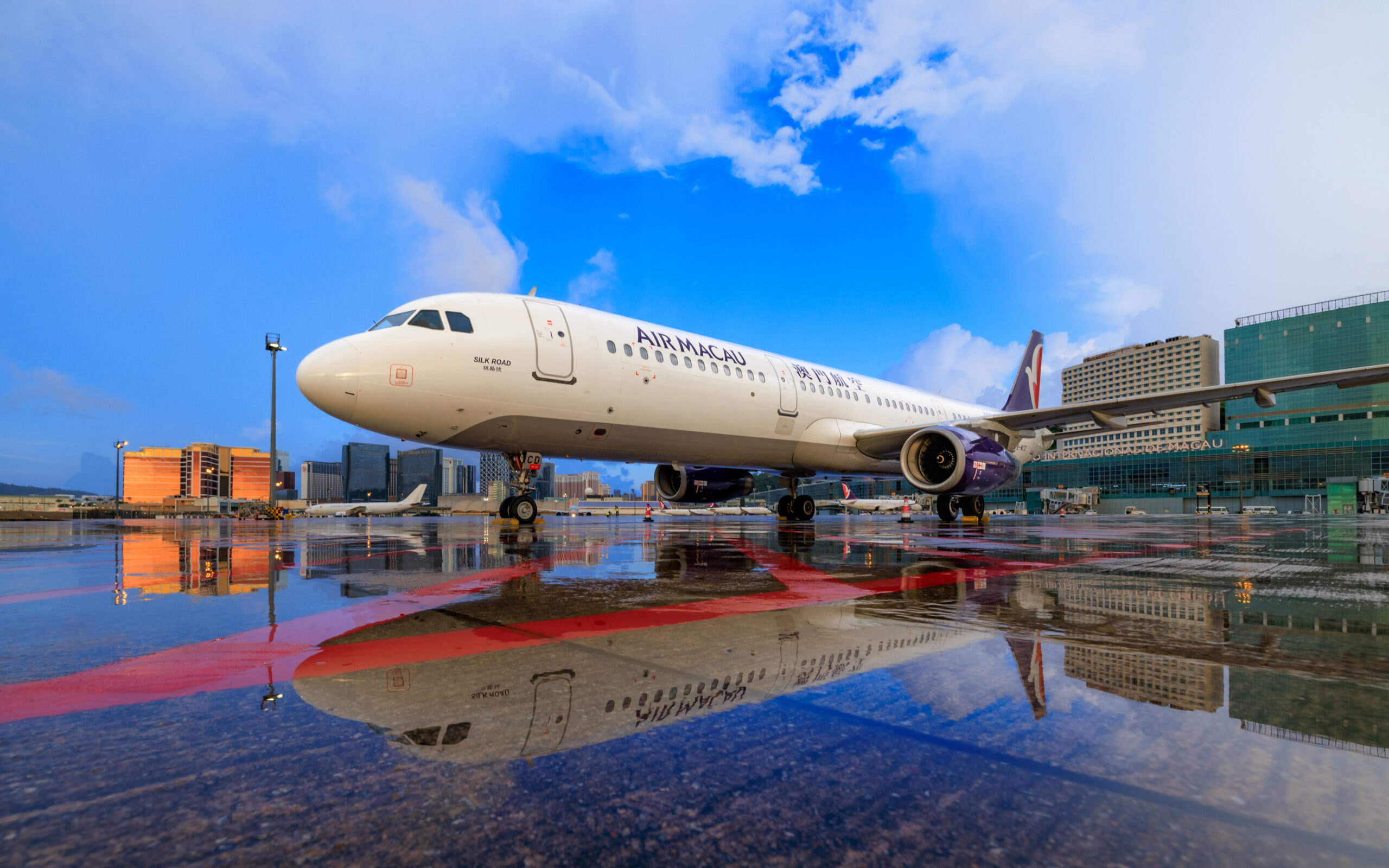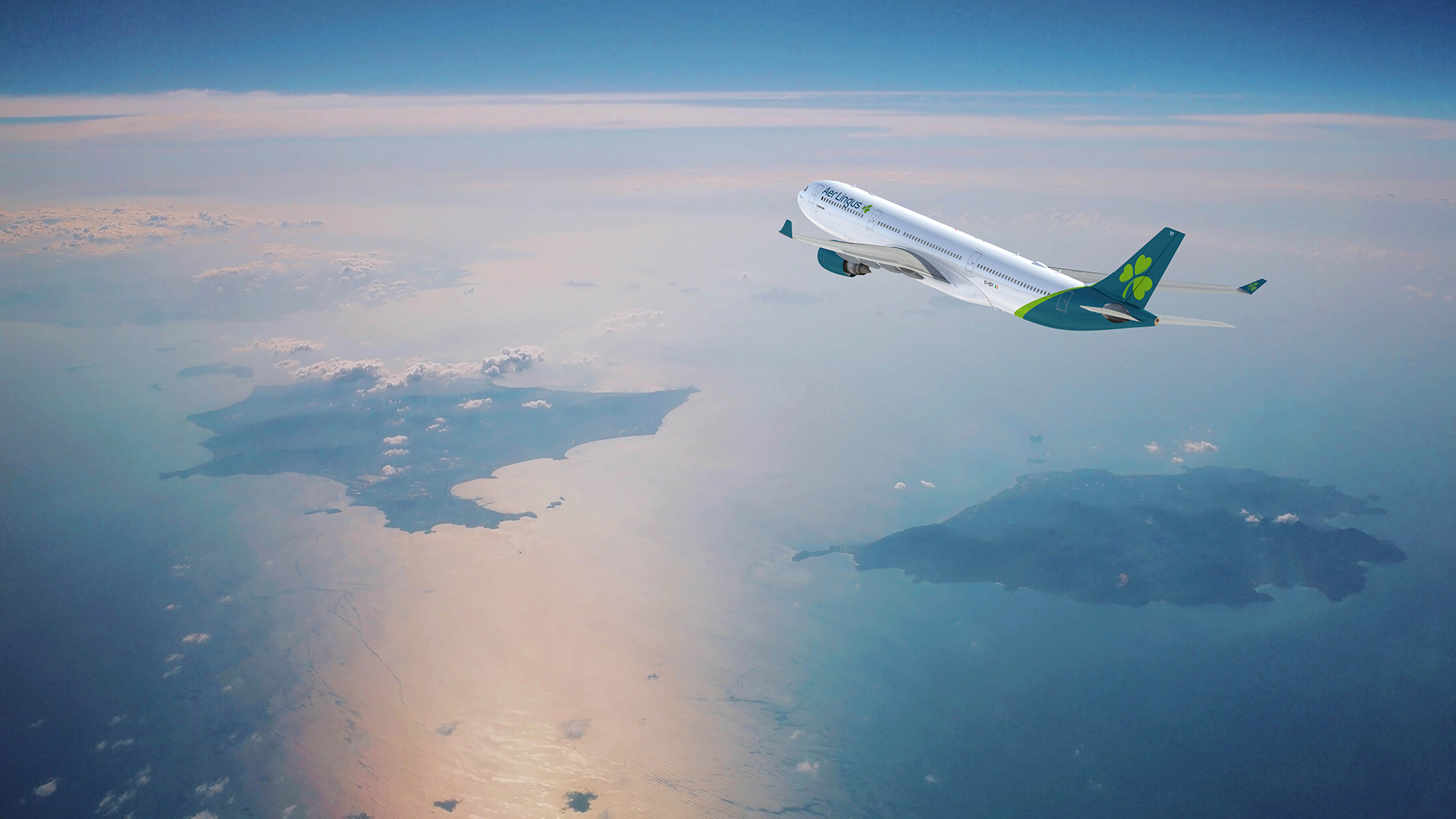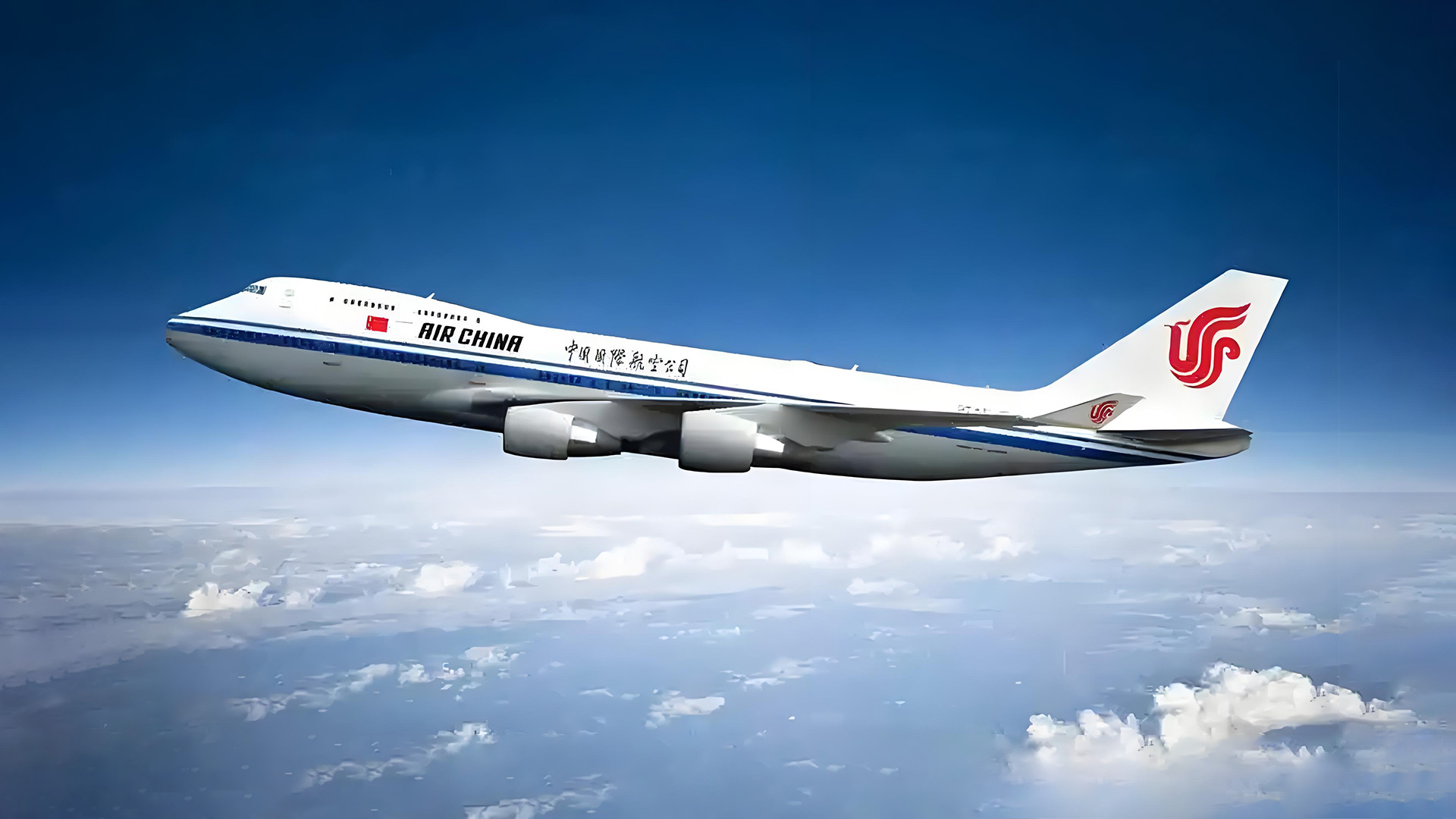

Mind the Gap: The Digitisation Gap in Airline Retail
According to Datalex research, travellers believe a significant gap exists between airlines and their e-commerce counterparts; but airlines are not as conscious of the difference.
The pandemic triggered a quantum leap which accelerated digitisation and mobile adoption by to 2 to 3 years all at once. But was this leap seen across industries? Datalex’s research would suggest otherwise. While airlines clamoured to adapt and protect their operation once the pandemic hit, their digital strategies were demoted to second place. The lag in reactivity and the lack of resources that was needed to bring airline retail and digitisation up to a new ‘post-pandemic standard’ alongside higher ‘digital expectations’ are reflected in the end traveller experience.
According to Datalex research, just 11% of 10,000 end-travellers surveyed believe airlines are ahead of other e-commerce websites, such as fashion and other retailers. This suggests that travellers do not find airlines particularly innovative when compared across other consumer industries.
The crucial question here is: how much of an imperative it is for airline executives to address these perception gaps? Datalex research reveals that the answer is not much. 60% of airline executives believe airlines are at least on par with other e-commerce sites, with just 16% believing there are behind, while a further 24% think they are actually ahead.
Jeremiah McAuliffe, Senior Product Manager for Datalex Merchandiser commented on the findings “The airlines that will emerge on top will be those that engage in ancillary merchandising strategies around dynamic pricing, dynamic bundling of ancillaries and personalised customer experiences. These advancements will ensure the gap between high-end airline retailer experiences and static standard offers, becomes undeniable.”
It's not just about merchandising either – the research suggests a digital disparity when it comes to a lack of digital support hampering the actual travelling experience. Over half (56%) of travellers surveyed are concerned that a lack of digital self-service or online support may affect their travel plans or overall travel experience in 2023. Another interesting takeaway is that more frequent customers appear to be more aware of this digital deficiency (likely from prior experience) and therefore are the cohort most concerned. Two thirds (66%) of respondents who travel more than 3 times a year are concerned and anticipate the lack of digital support or self-service as impacting their travel plans. This is compared to over half (52%) of those who travel 2 times a year who said the same. A significant barrier of trust exists therefore for airlines to overcome with respect to their more regular customers.
The ‘digital quantum leap’ experienced over the last 2 years has exposed airlines’ weaknesses in their ability to meet the expectations of a highly digital-centric consumer, who is demanding of a sophisticated, real-time and personalised digital and retail experience. Legacy technology, outdated processes, poor flexibility and a lack of AI expertise, are slowing airlines down in their digital transformation, when they need more than ever, to speak up.
The path to unified offers and orders that enhances a seamless digital experience should be taken more seriously as what it is – a gradual, transformational digitisation initiative. The overall view here is that this will unshackle airlines from legacy processes that continue to hamper digital best practice and keeps them from rivalling the advancements of their contemporaries in other industries.
Download Research Report
Related Insights
Explore more about the trends and innovations, and keep up with the latest insights and developments in airline retail.





